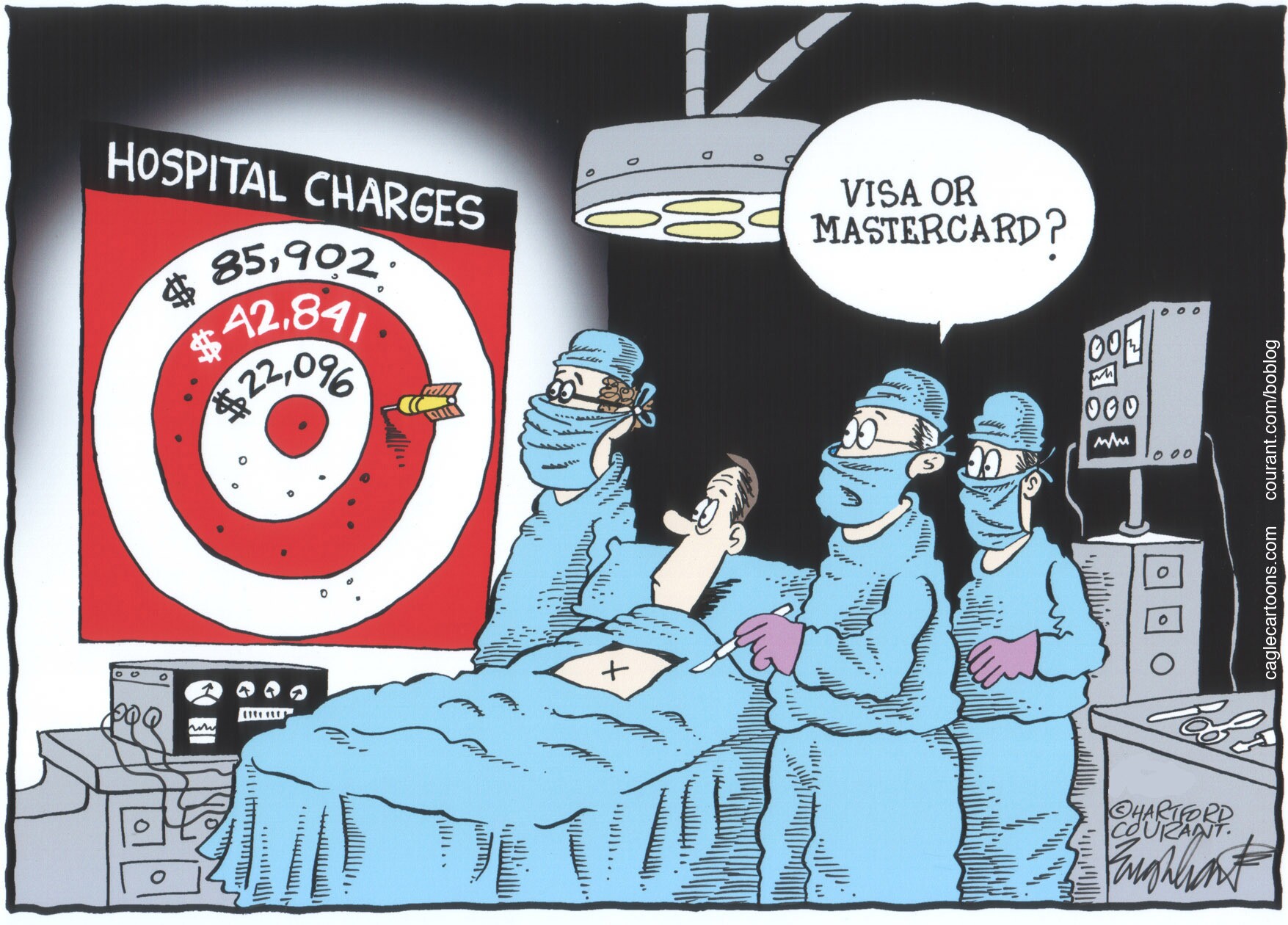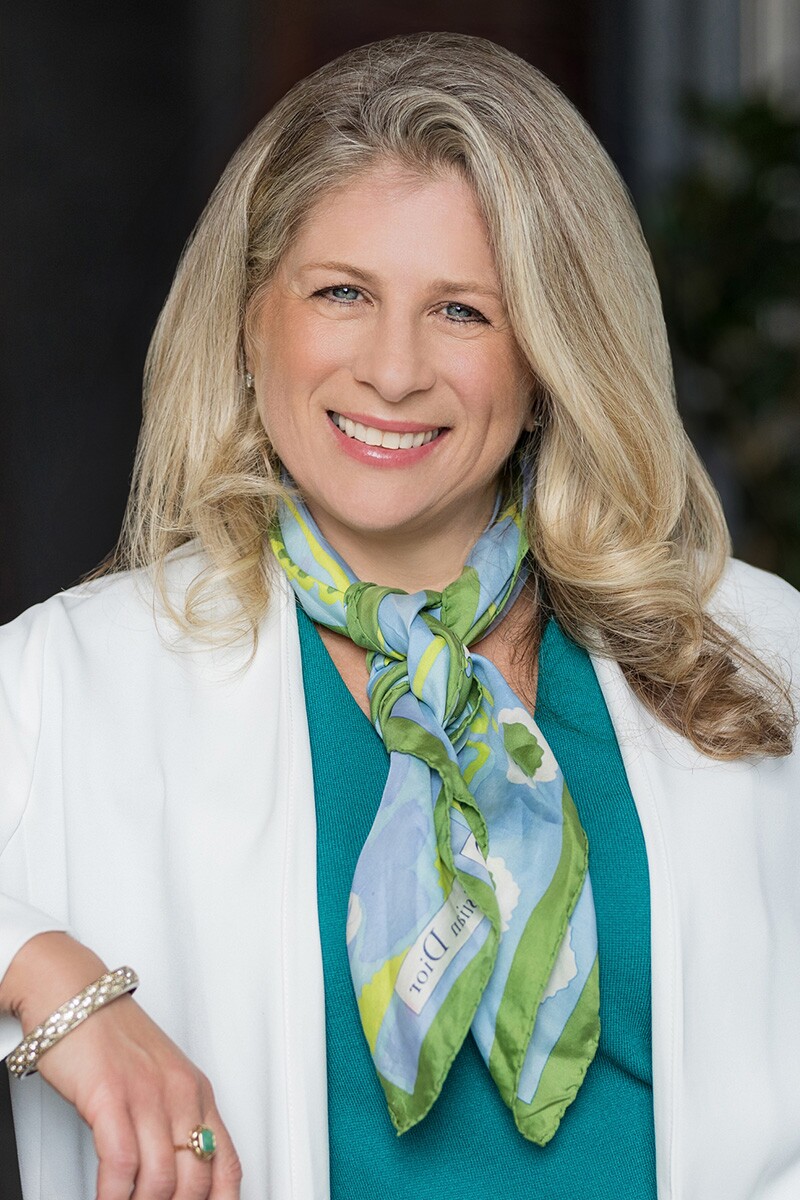NATIONAL VIEW
‘I cannot begin to tell you the burden you have taken off of my family’s shoulders,” says Tina of Rosemount, Minnesota, upon learning that nearly $1,000 of her family’s medical debt had been erased.
Tina is no stranger to making ends meet. As a mother of seven, her kids’ needs always come first. And with a daughter who has special needs, three grandkids who recently came to live with her and her husband, and her own chronic pain, medical bills have a way of piling up — especially with the high-deductible health plan available through her husband’s job. Too often, this means making difficult choices like putting off her own care to afford needed care for her daughter, who was born with Down syndrome.
As the cost of everything from groceries to gas to housing continues to rise, the last thing working families like Tina’s can afford is even higher health care costs and more medical debt. And yet, elected officials in Washington recently passed a budget bill that cuts more than $1 trillion from health care, will terminate coverage for millions (including roughly 180,000 in Minnesota), almost double insurance premiums for more than 18 million, and increase costs for all of us.
Meanwhile, a rule that would have removed nearly $50 billion in medical debt from the credit scores of 15 million people was reversed, just weeks before it was set to take effect.
It’s clear our medical-debt crisis is poised to get worse. Fortunately, communities aren’t waiting for Washington; they’re taking action. This includes a coalition of faith communities called THEE Alliance Forgiving Medical Debt, which has quietly relieved over $100 million in medical debt for more than 100,000 families in the Upper Midwest since partnering with Undue Medical Debt in 2021.
Medical debt impacts 100 million people in the U.S., including 330,000 in Minnesota alone. Like Tina’s family, it’s increasingly an issue even for those with insurance, as an injury or illness can lead to thousands in out-of-pocket costs.
This debt has real consequences, leading many to delay or avoid needed care. Medical debt is a financial and emotional burden, forcing families to make impossible choices just because someone got sick, was in an accident, or was born with a chronic condition.
Brought together by a shared calling to help those in need, THEE Alliance includes 31 (and growing!) faith organizations across Minnesota, Iowa, and Wisconsin, united in their resolve to relieve debt for families in their community.
This interfaith alliance partners with the nonprofit I lead, Undue Medical Debt, to purchase medical debt in bulk for pennies on the dollar. Every dollar donated relieves an average of $100 in medical debt.
Once acquired, the debt is simply erased, restoring families’ credit, ability to buy basics, and hope for the future. But make no mistake: Debt relief is not a silver bullet. The medical-debt crisis is a symptom of a broken system, driven by corporate greed, and it will require upstream solutions to address the root causes.
In fact, Minnesota’s state government has made great strides to protect Minnesotans from medical debt, including banning medical debt from being reported to credit-reporting agencies.
The need for communities and state leaders to protect their people will only increase if Congress slashes access. THEE Alliance shows that, absent concrete federal action, communities and states can provide immediate relief to those who need it most.
THEE Alliance’s initial goal was to raise $1 million and abolish $100 million in debt for 100,000 families. It already has exceeded that, leveraging Minnesota generosity to relieve more than $115.5 million for nearly 118,000 families — making it the largest faith-giving initiative to partner with Undue.
So, they now have a new goal: to raise $5 million and abolish medical debt for hundreds of thousands more.
As my friends at THEE Alliance say, we can accomplish so much more by working together. Our leaders in Washington could learn a thing or two from them.
Allison Sesso of New York City is president and CEO of the national, New York-based nonprofit Undue Medical Debt (unduemedicaldebt.org), which provides financial, physical, and emotional relief to families burdened by medical expenses. She wrote this exclusively for the News Tribune.



